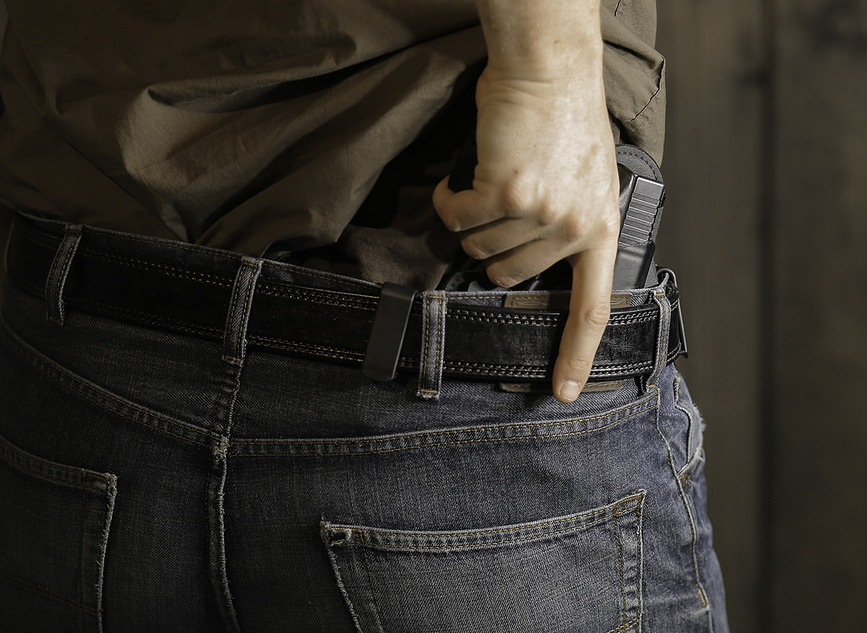The minimum wage as it stands in the United States has its roots in legislation dating back to 1938 and in Supreme Court legislation holding up that legislation in 1941.
Since 2009 the federal minimum wage has stagnated at $7.25 per hour.
The Congressional Budget Office (CBO) has estimated as recently as last year that by raising the minimum wage to $10.10 and requiring that it be adjusted each year based on inflation, that the wages of 16.5 million workers would be increased.
According to the National Center for Law and Economic Justice 46.5 million people are living in poverty in the United States as of 2012. The Center states that this is the largest number of poverty recorded in the 54 years the Census has been measuring poverty.
The progressive action of tying the minimum wage to inflation will still leave 30 million people affected by poverty.
University of California professor Robert Reich states that a minimum wage increase to $10.10 would not be enough to lift all workers and their families out of poverty. He is a proponent of the movement to have the minimum wage raised to $15.
Many people believe that in order to get the CBO’s $10.10, citizens must ask Congress for $15.00.
According to the National Conference of State Legislatures, in a document dated Dec. 18 2014, Georgia’s minimum wage as of Jan. 1 2015 stands at $5.15.
Additionally the document states, “Georgia excludes from coverage any employment that is subject to the Federal Fair Labor Standards Act when the Federal rate is greater than the State rate.”
The Pew Research Center released a report in September 2014 that states that 49% of workers who were at or below the federal minimum wage were older than 24.
Large parts of minimum wage conversations and activism happen around fast food workers. Another affected demographic of people are servers whose minimum wage is lower than the rest of the workforce.
Servers are only guaranteed an hourly wage of $2.13, depending on tips to meet the over $5 difference with the rest of the current federal minimum wage (which is already too low to support people in the current economy).
What makes this worse is the current climate that exists wherein plenty of people tip based on some arbitrary measure of how they felt about the service they received. This is dehumanizing and insulting to servers. Eating out and ordering delivery food are luxuries; luxuries that are built on the backs of the servers who are paid less than what they need to survive. Being unhappy with service is not a reason to refuse someone the wages they deserve, which the consumer has guaranteed them by engaging in this luxury service.
Corporations, the ever elusive upper class, the folk that get called “the one percent” and the other rich-but-not-as-rich folks that stand at their heels, do not suffer at their profit margins when a consumer does not tip. The suffering is placed on the burden of the human body who has prepared the item(s) you intend to consume and the one who brought it to you.
The heartlessness of the federal and state politicians who refuse to raise the minimum wage from their hallowed and bloated halls of excess and decadence is old news. What still shocks and awes are the everyday working humans who feel higher than needing to tip.
Those who engage in and benefit from the capitalist-consumer hierarchy without giving back are just as much of the problem as anyone else.
Kennesaw State University students do not stand among those optimistic about the economy, with or without a raise in the minimum wage.
Freshman psychology major Teylo Volpe does not seem optimistic about the state of the economy.
“The higher-ups have so much more income than everyone else that basically, if you aren’t in charge, you don’t have anything?”
Sybil Wright laments about how the rich will probably find a way to perpetuate current disparities.
“In the end the ‘poor’ always suffer so I’m sure the wealthy would find a way to get the money elsewhere, and I fear the cost of living would rise,” Wright said. “It’s already expensive to stay afloat, what would a minimum wage raise do to our economy?”
Earnest Aaron spoke against the idea that the only people working minimum wage jobs were youth.
“Looking at the current job market the dynamic has drastically shifted,” Aaron said. “We see folks in their 30s and older accepting minimum wage jobs that won’t support their family.”



